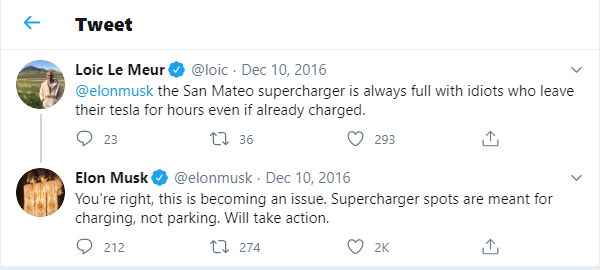Convincing buyers to open their purse strings for your product is the goal of any business. To that end, many entrepreneurs spend their early years obsessed with their product, working to ensure nothing on the market compares. Regardless of intent, spending the bulk of your energy on the product is a dangerous mistake.
A savvy entrepreneur should always focus on the number-one part of any business — customers.
Although most entrepreneurs think they are in love with their customers, too many are actually in love with their product. If you dream of running a successful business that delights its buyers, ask yourself these four questions to know if you’re really head-over-heels for your clientele.
Do I give my customers a voice?
The best companies are obsessed with their customers. So much so, Amazon tycoon Jeff Bezos gives customers a seat at the table by placing an empty chair at every meeting. Bezos credits Amazon’s record of innovation to this mentality: “We don’t focus on the optics of the next quarter; we focus on what is going to be good for customers.”
Really, you should be giving your customers a voice throughout their lifecycle, including the time before they purchase. If a customer walked away from a demo, ask why? If they recently stopped renewing, call them to understand their barriers to success. These small gestures will provide invaluable insight, after all, no one knows more about being your customer than the people who buy from you.
If you’re not already convinced, there is one more undeniably important reason to give your customers a voice — if you don’t give them an outlet to express their concerns, not only will they stop working with you, but you open yourself up to a bad review.
Do I listen to their feedback?
Giving your customers a voice only goes so far, to build a truly customer-centric brand, you need to turn their feedback into action. In fact, collecting feedback and then failing to improve is worse than never asking for it in the first place.
Known for pushing the limits of just about everything, Elon Musk encapsulates what it means to act on customer feedback. Starting with a 2016 tweet in which a concerned citizen bemoaned Tesla owners who leave their cars in the charging port, Musk replied just minutes later with a promise to fix the problem.

Within a week Tesla had rolled out a new 40 cent per minute idle fee for drivers who left their vehicles in the port longer than necessary. Not only did Musk immediately solve a problem for his customers, but his solution also created an entirely new revenue stream for the manufacturer.
That’s not to say your customers will reach out with clear directions regarding their problems. On the contrary, customers are most inclined to speak up when their experience falls to one end of the spectrum — extremely happy or disappointed. This requires you to proactively procure their input. Even negative comments are really an opportunity to improve and no matter how hard it may be to hear, the customer took a moment to help you better your business, so listen intently to what they say.
Do I understand their changing needs?
If you’re not careful you can lose sight of your customers’ needs as market conditions change. To understand why this is of utmost importance, look no further than the twin case studies of BlockBuster and Netflix.
At its peak, Blockbuster had nearly 10,000 outlets nationwide, dominating the DVD rental market with its convenient locations and superior selection. But with the rise of streaming in the late 2000s, Blockbuster failed to adapt and was eradicated within a handful of years.
On the other end of the spectrum was up-and-coming Netflix, who quickly adapted their DVD by mail model to meet new customer demand for on-demand entertainment. We all know what the media-giant Netflix became, but what would have happened if Netflix had focused on their product first, trying to be the best DVD delivery service? They would have tanked with Blockbuster — another failed business that didn’t understand their customer.
A cautious warning for any entrepreneur who thinks their market is immune to rapid change — Blockbuster declared bankruptcy in 2010, just three short years after Netflix launched it’s streaming service in 2007.
Am I ready to improve?
Especially if you haven’t given your customers the attention they deserve, it might be difficult to instantly become a customer-centric brand. Are you ready to accept the loss if a new product feature isn’t as useful as you thought? What if market conditions change and you need to rethink your model, a-la-Netflix?
Only you can know, but these are the questions you should be asking yourself if you’re really ready to fall in love with your customer.
The post Is Your Business Catering to Its Customers Or Its Product? appeared first on Entrepreneur and is written by David Kreiger
Original source: Entrepreneur






